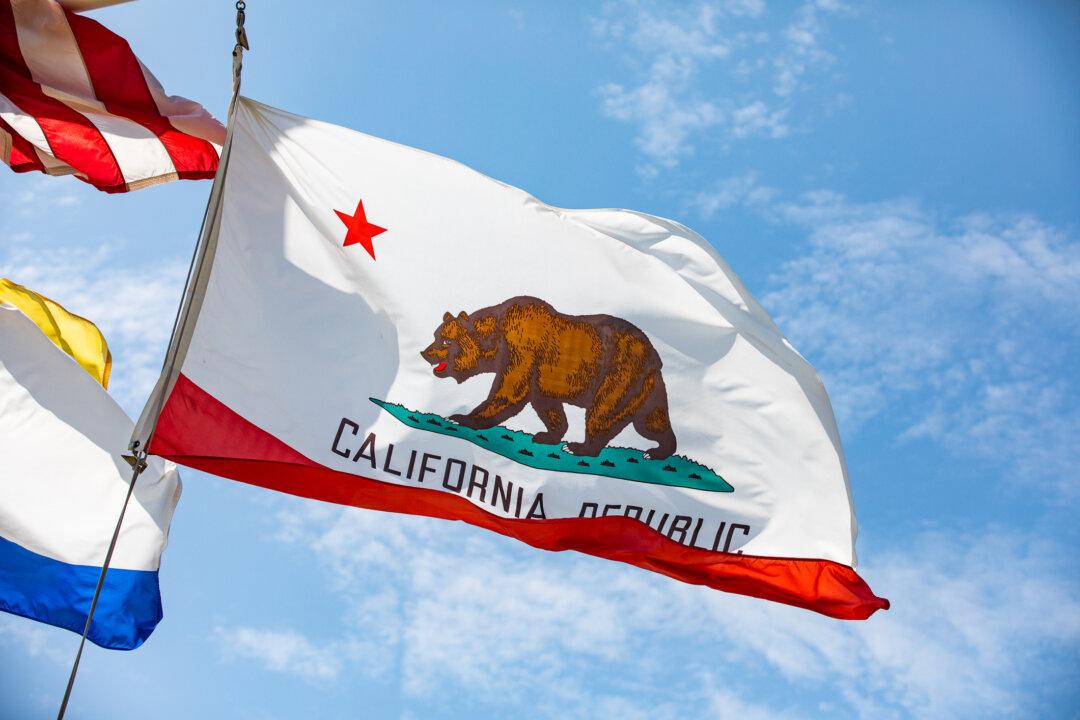The Metropolitan Water District of Southern California, which provides water to more than 19 million people over six counties, recently announced it will increase rates and property tax levies the next two years while the state goes through various changes to its water system.
The agency’s 38-member board voted April 9 to increase water rates by 8.5 percent in 2025 and another 8.5 percent in 2026.





